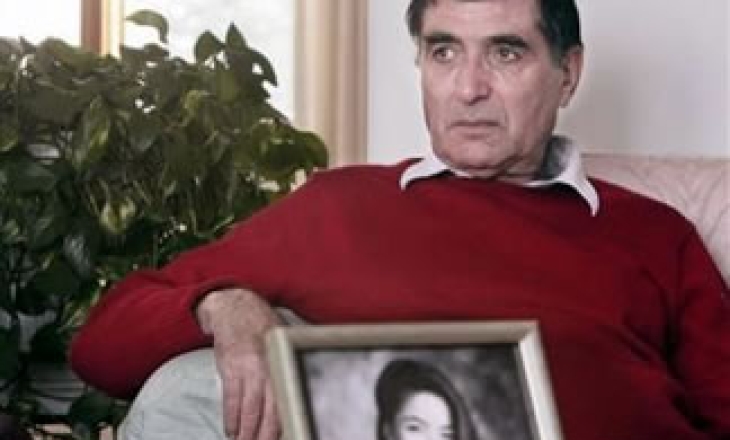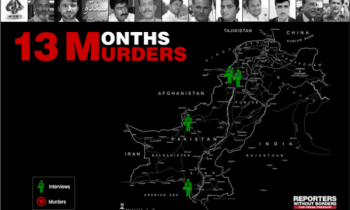Freelance US journalist Roxana Saberi is being held at Tehran's Evin prison, where political prisoners are routinely detained, according to international news reports. Saberi is an American citizen as well as an Iranian national.
Detained in late January, Saberi has not had access to an attorney, and has been incommunicado for over a month. Reuters quoted Alireza Jamshidi as saying that Saberi is being held based on a writ "issued by the revolutionary court." He added that he did not "know anything about the charges against her." Iran's Islamic revolutionary courts are in essence military tribunals presided over by a single judge whose decisions cannot be appealed.
On Monday, Iranian foreign ministry spokesman Hassan Ghashghavi said Saberi was working "illegally" in the country after her press card was revoked in 2006. However, he neither confirmed nor denied her arrest. American media, citing Saberi's father, reported last week that the US-born journalist was arrested in late January on charges of buying alcohol, which is prohibited in the Islamic republic.
A journalist held in the notorious Evin prison in 2003 died while in custody. Iranian-Canadian photojournalist Zahra Kazemi died after being detained in connection with pictures she had taken during a student protest in Tehran. Iran, which does not recognise dual nationality, has detained several Iranian-Americans in recent years.
"We are appalled that the Iranian government is holding Roxana Saberi without charge," said CPJ Middle East and North Africa Programme Coordinator Mohamed Abdel Dayem. "We are troubled that the writ for her arrest was issued by a revolutionary court, and we fear that she will be tried by one. They lack even the most elementary guarantees of due process. We call for the Iranian government to explain why Saberi is being held and to give her access to a lawyer or release her immediately."
Revolutionary courts, in existence since 1979, are intended to try national security, espionage, terrorism, and drug-trafficking cases. Proceedings are usually closed, and defendants are frequently made to appear in court without legal counsel.
Saberi, who has reported for NPR, the BBC and Fox News, has been living in Iran for six years, working as a journalist and pursuing a master's degree in Iranian studies and international relations. She was also writing a book about Iran, NPR reported, adding that her father said she was planning to move back to the United States later this year.










